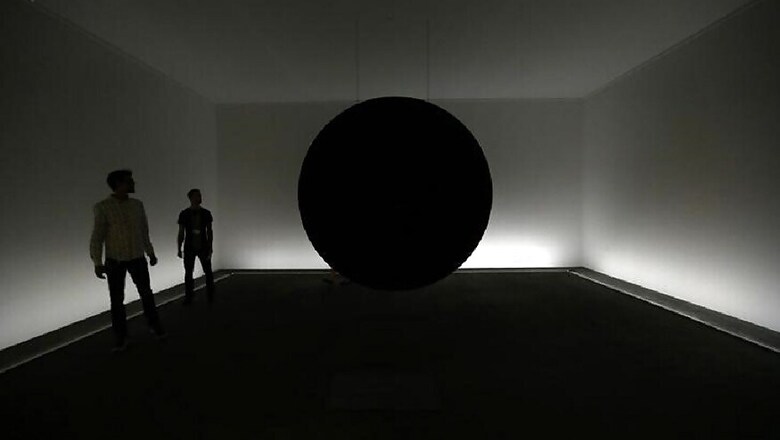
views
A decade-long argument over the concept of dark energy was recently won by Pune-based professor Thanu Padmanabhan. The theoretical physicist had posed a challenge to the international community of astrophysicists, giving a deadline of a decade to prove his ideas wrong by 2016, reports The Times Of India.
What was the bet about?
The wager was conceded at the 13th International Symposium on Cosmology and Particle Astrophysics in Sydney by David Wiltshire. Padmanabhan won himself a prize money and a smartphone-controlled colour-changing lamp following the wager decided on 2006. The lamp was specifically placed in the wager to better throw light on the still unpopular calculations of Padmanabhan at the time pertaining to the cosmological constant.
If the cosmology model verified by observation resulted in a solution to Einstein’s equation in the following 10 years, that person would be considered as the winner.
Padmanabhan had struck a bet with Wiltshire, saying “The universe is expanding with an acceleration and the energy that drives this expansion, called the dark energy, is the cosmological constant”.
The cost of the prize was not to exceed $200 and be more than 10 percent of the salary of the loser, as per Pune Mirror’s report.
Upon losing, Padmanabhan would have had to buy Wiltshire a clock "to help him keep better track of the lack of constancy of cosmological ideas."
The mystery surrounding 'Dark Energy':
The website Space.com states that astrophysicists in the 1990s found that the expansion of the universe was speeding up as opposed to the previous notion that it was slowing down. This led them to believe that a counteracting force to gravity was prevalent which they then named ‘dark energy’.
Dark energy is still a popular mystery amongst astrophysicist, first discovered in 1990's while observing a far away supernova that counteracted gravity and pushed everything away as opposed to pulling them together. Dark energy is believed to constitute 72 percent of all matter-energy in the universe.
Padmanabhan’s take:
Over the last decade, Padmanabhan had defined dark energy as a mathematical term known as the ‘cosmological constant’ by slightly altering Einstein’s theory of relativity. Einstein himself had abandoned the theory after suggesting it, reports The Telegraph.
Padmanabhan also calculated a value for the cosmological constant, 1 divided by 1 followed by 123 zeroes. He, reportedly, proved this to be the number of atoms of space that can be counted in the universe.
Though Wiltshire accepted the cosmological term to have part relevance, he was sceptical about the present findings on dark energy which might be considered an accident in observation. He believed that inaccuracies might come up from a misinterpretation of non-local gravitational energy as per the report by The Times of India.
















Comments
0 comment